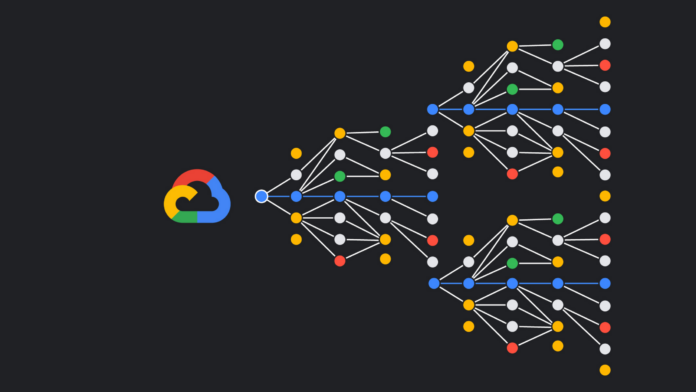Google has recently introduced AI Studio, a dynamic, web-based development tool aimed at revolutionizing app and chatbot creation using its advanced Gemini model. Following the announcement of its Gemini models and their integration into Bard chatbot, Google is now extending these innovations to developers with an array of new services, including the revamped AI Studio, formerly known as MakerSuite.
AI Studio serves as a portal into the Gemini ecosystem, beginning with Gemini Pro and eventually including Gemini Ultra next year. It provides developers with a streamlined process for creating Gemini-based chatbots and generating API keys for app integration or code access for further development in a comprehensive IDE.
A key highlight of AI Studio is its generous free quota, offering up to 60 requests per second. This allowance is ample for iterating on concepts or powering less-demanding applications in production without facing restrictive barriers. However, it’s important to note that for those using the free tier, Google’s reviewers can access the API and web app input and output to enhance product quality. Rest assured, this data is de-identified from users’ Google Accounts and API keys.
This updated version of AI Studio is a significant upgrade from its predecessor, MakerSuite. It now supports both Gemini Pro and the Gemini Pro Vision model, allowing developers to work with text and imagery (excluding image creation). Google’s VP for Google Labs, Josh Woodward, emphasizes AI Studio’s design as the fastest route to building with Gemini, inviting developers to explore and contribute to its ongoing refinement.
The web interface of AI Studio is intuitively designed, letting developers select models, adjust the creative range through temperature settings, and provide examples for tone and style guidance. It also includes adjustable safety settings, with the lowest option being “block few,” a change from MakerSuite’s ability to turn off all guardrails.
AI Studio caters to different workflows, including freeform, structured, and chat prompts. Woodward and Jeanine Banks, VP and GM for Google’s Developer X teams, underscore AI Studio’s role as a comprehensive gateway into Google’s AI ecosystem, especially Vertex AI, Google’s enterprise-ready generative AI platform.
The transition from AI Studio to Vertex AI is designed to be seamless. Strong SDK support, a direct result of user feedback, enables developers to build apps compatible across various platforms, including Node.js, Python, Java, Kotlin, Swift, and JavaScript.
Banks also revealed Google’s plans to integrate Gemini into Chrome Dev Tools and the Firebase mobile development platform in the coming year. This integration signifies Google’s commitment to expanding AI Studio as an accessible tool for developers of all levels, fostering both development skills and creativity.
In summary, Google’s AI Studio marks a significant advancement in app and chatbot development, offering a user-friendly, flexible, and powerful tool for harnessing the capabilities of the Gemini model. This initiative not only simplifies the development process but also opens up new avenues for creativity and innovation in the rapidly evolving field of generative AI.












